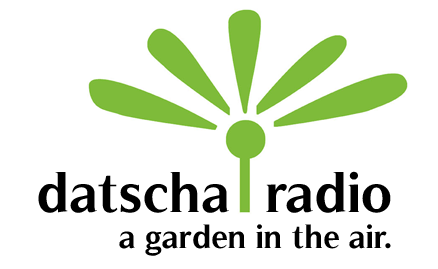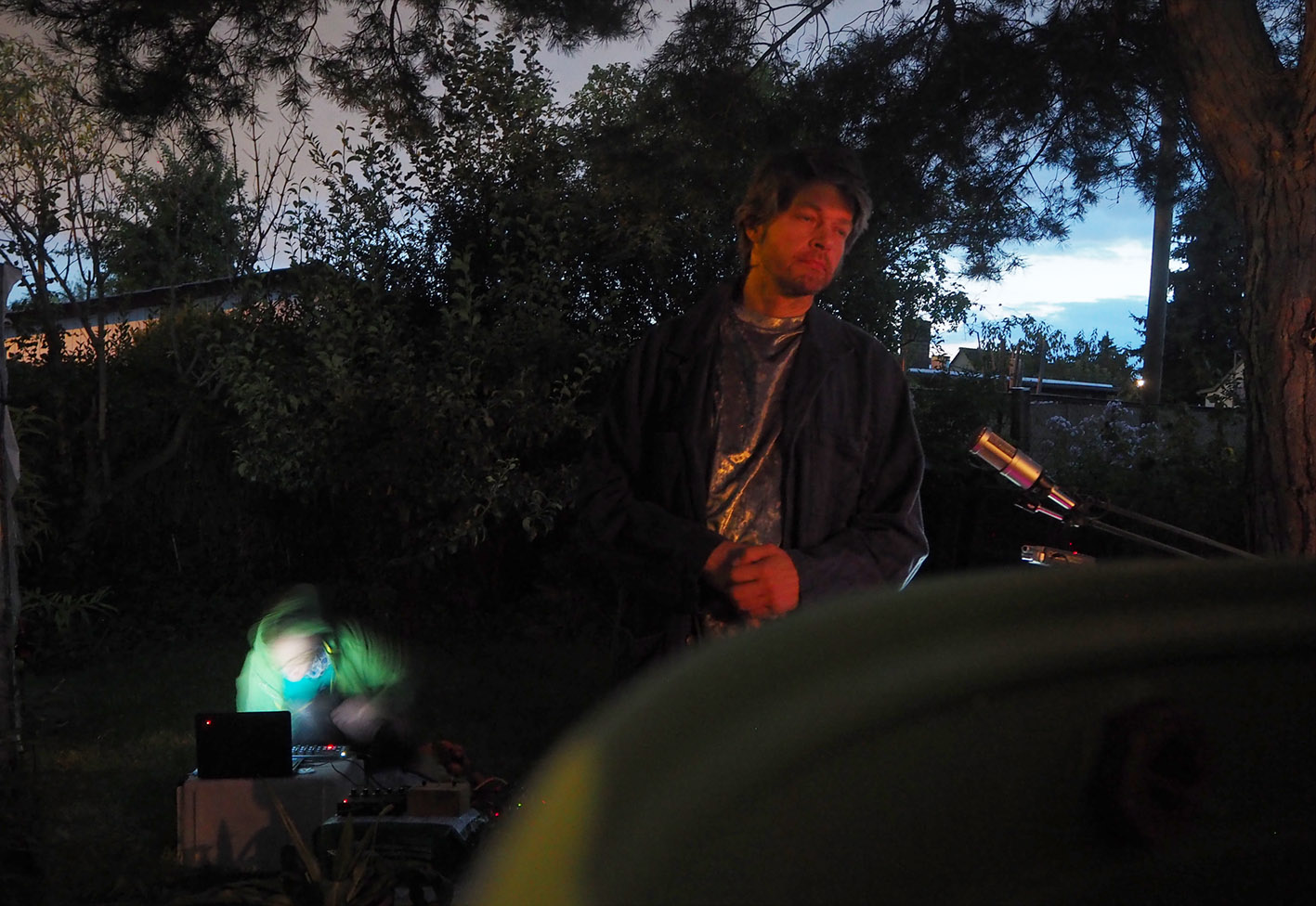Day 3: Biotopes in Future Perfect
Text: Verena Kuni | Kate Donovan
If the beach grows under the pavement, what is growing under the lawn and under the seedbeds? Perhaps the jungles of a future that will no longer be ours, because we probably lost it long ago. Of course, in our gardens we are still dreaming of it. Here, in our gardens, we hope to find our paradise. A place that does not know about the Fall of Man: flowering landscapes, which blind us to our ruthless exploitation of all conceivable resources; green treasures, which lead us to believe we would be able to bring back bygone biodiversity at any time; community gardens, which allow us to pretend the social care we have otherwise omitted from our everyday lives. Here we are creating the most beautiful pictures, to show them off with us inside.
The Tree of Knowledge, however, has long been felled – as compensation we planted an arboretum, like a book which we can consult at any time. In the olden days one had to take long trips to visit it, in order to gain knowledge about the world. Today we enjoy cheap flights wherever, whenever we want to go on holiday, elegantly hidden under the pretense of cosmopolitism, albeit at the expense of our climate and global ecosystems. At the same time, thanks to technology we feel oh-so-secure that all the necessary information about the world, and therefore the world itself, is always at our fingertips and available with only a swipe. So for some of us it has become really attractive to actually dig with our own hands in real dirt – given that the latter is the fruitful soil located in our backyard and not one of the contaminated landfills elsewhere around the globe to which we have sent our computer waste.
But what if these dumpsites – these stinking, dead beds of rotting technology that we are cultivating so eagerly – had meanwhile grown into the real gardens of our nature? After all, gardens have always been among the spaces and places mirroring man’s dream of “nature” as something to be dominated and determined. Moreover, gardens have always been techno-nature- cultures. This is likewise true for the concepts they are based upon and built from, for their investments and their structures, their designs and their uses. Over the centuries, humans have developed a wide range of tools and techniques, many of which are operating directly on and with living organisms – particularly in the garden and for gardening: be it for the cultivation of soil or to control the growth, spread and multiplication of life, including the extinction of existent species as well as the breeding of new species and subspecies.
And now, since people are increasingly confronted with the serious consequences of their egoism, greed, and a hardly justifiable belief in technological progress, gardens shall adjust: as biotopes and hideaways for a vanishing biodiversity, as spaces of experience and as places for learning that can help to raise awareness and to gain knowledge of something that has been lost long ago. In our radio garden, we try to listen to it. We are carrying our transceivers into the green to find resonance.
[Excerpt from: ECHO (THE GARDEN, HEREAFTER)] Verena Kuni
So many resonances from our Sunday in the radio garden, but here are just a few:
Kat Austen helps us to use empathy to find new symbioses with our non-human contemporaries; Marta Zapparoli takes us on an afternoon adventure through her ‘inaudible sounds’ – the phenomena of radio frequencies, captured on cassette; Gabi and Dirk talk about plant porn cinemas; Jodi Rose pays a visit to the studio, we talk of the language of natural and built environments, of possible futures; Seamus O’Donnell and MiHo set up a table for their performance outside – a lamp, bed springs, and a glockenspiel to sample, and a big rake head discovered in the datscha garden.
Kate Donovan
This post is also available in: German












